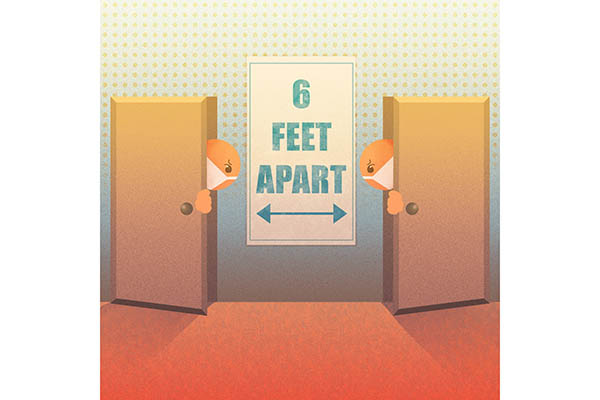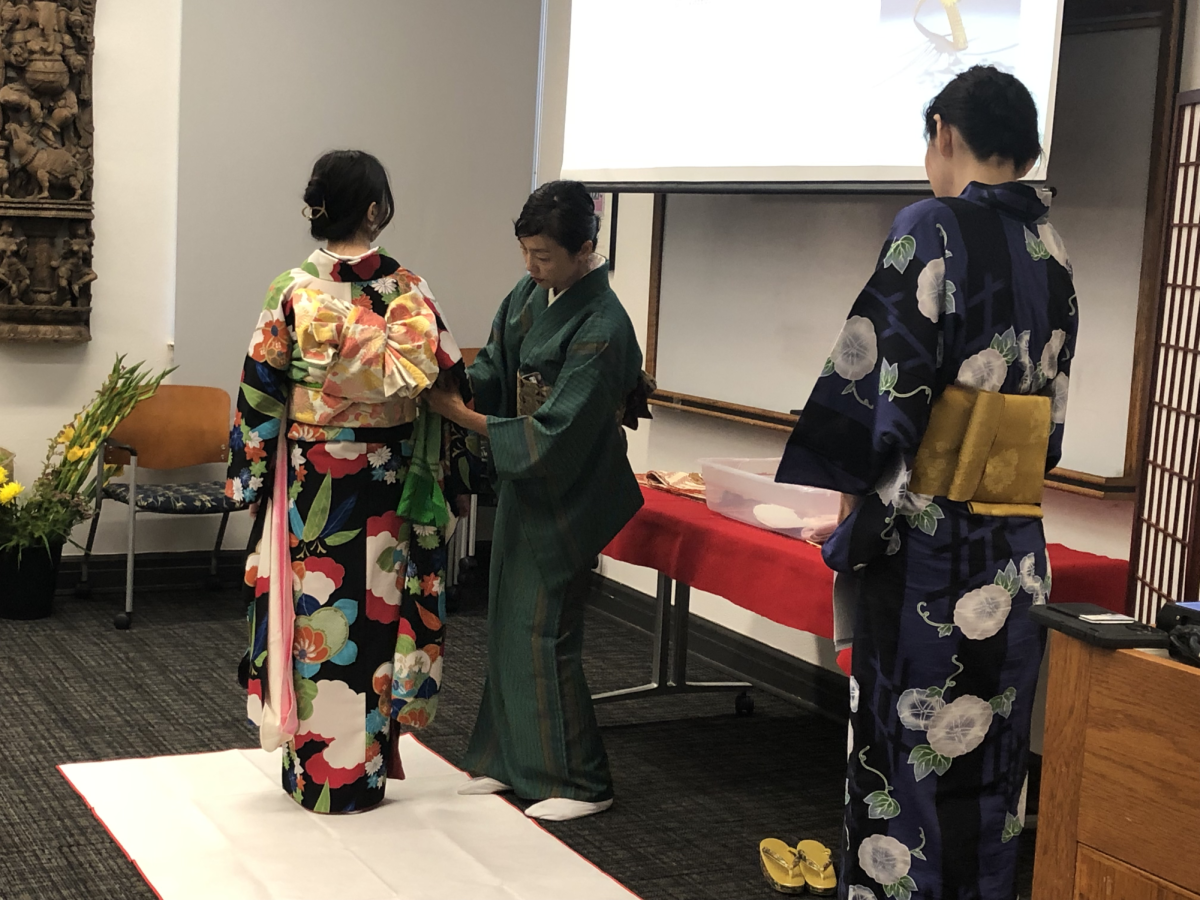William Baltazar always thought the transition to college would come with a packed campus, new friends and student organizations lining Speedway, but he said his move to Duren Residence Hall felt underwhelming.
“I feel like there’s nobody here sometimes,” biochemistry freshman Baltazar said. “On my floor, there’s nobody walking around; I never see any doors opening or closing. It’s like a ghost town.”
Last year, there were 7,400 students living in campus dorms. Now, that number has decreased to 3,700. University Housing and Dining has placed restrictions in dorms due to COVID-19, creating an abnormal student-living experience.
“I realized all my pre-conceptions about college were wrong and this semester was going to be different from what I imagined,” said Baltazar, who lives in a double-occupancy room.
Leland Murphy, a government sophomore and resident assistant at Blanton Residence Hall, said an amendment was added to the housing contract this semester. Under the new guidelines, guests are prohibited from entering residence halls, and students must wear masks outside their dorm room as well as avoid gathering in groups larger than 10 people.
“I think the residents will be, and so far have been, compliant with the new changes,” Murphy said. “I’m almost more worried about people living off-campus in Austin spreading and contracting the virus because they don’t have someone forcing them to abide. They have the freedom to do whatever.”
Murphy said there are only seven residents living on his floor that he socializes with through Zoom calls, texting and one-on-ones. The fourth and fifth floors have between 30-40 residents. Usually the floors in Blanton have around 60 residents each, he said.
“It’s easier to connect with a smaller group,” Murphy said. “I know everyone on my floor, and we chat regularly so none of us feel so alone. Also, because of COVID-19, it just makes me subconsciously feel better knowing my floor isn’t crowded.”
Baltazar said Kinsolving Dining is providing pre-made meals and bottled drinks instead of self-serve options. Students are given the choice to take their food to-go or eat there with social distancing restrictions. Before entering the dining hall, students must first wash their hands in front of a staff member.
“All the chairs in (Kinsolving Dining) are facing one direction like a high school classroom, so it’s really hard to talk to your friends while you’re eating,” Baltazar said. “You’re literally just facing a wall.”
Baltazar said the hardest part about adjusting to dorm life is making friends.
“I haven’t met anyone new yet; I only hang out with my roommate and people I knew from my hometown,” Baltazar said. “The only way we can really meet new people is electronically, and it’s hard to become friends over a phone or a computer.”
Biology freshman Nolan Mai said he received an email about weekly COVID-19 testing booths stationed all over campus, including one in the lounge outside of Jester West Residence Hall. These booths are part of the UT Proactive Community Testing program, which tests asymptomatic students and faculty for free.
“Jester is a place where the virus will spread quickly, so I’m glad they are testing more people and making it easily accessible,” said Mai, who lives in Jester West.
Baltazar, Murphy and Mai said although these restrictions aren’t ideal, they are necessary for student safety on campus.
“I'm so happy to be here,” Baltazar said. “Even though all my classes are online and I’m missing out on the college social scene, I’m still living on my own, managing my time, making my own choices. I’m still getting somewhat of a college experience.”
Editor's note: This story has been corrected to reflect that there were 7,400 students living in campus dorms last year, not 7,000.





















